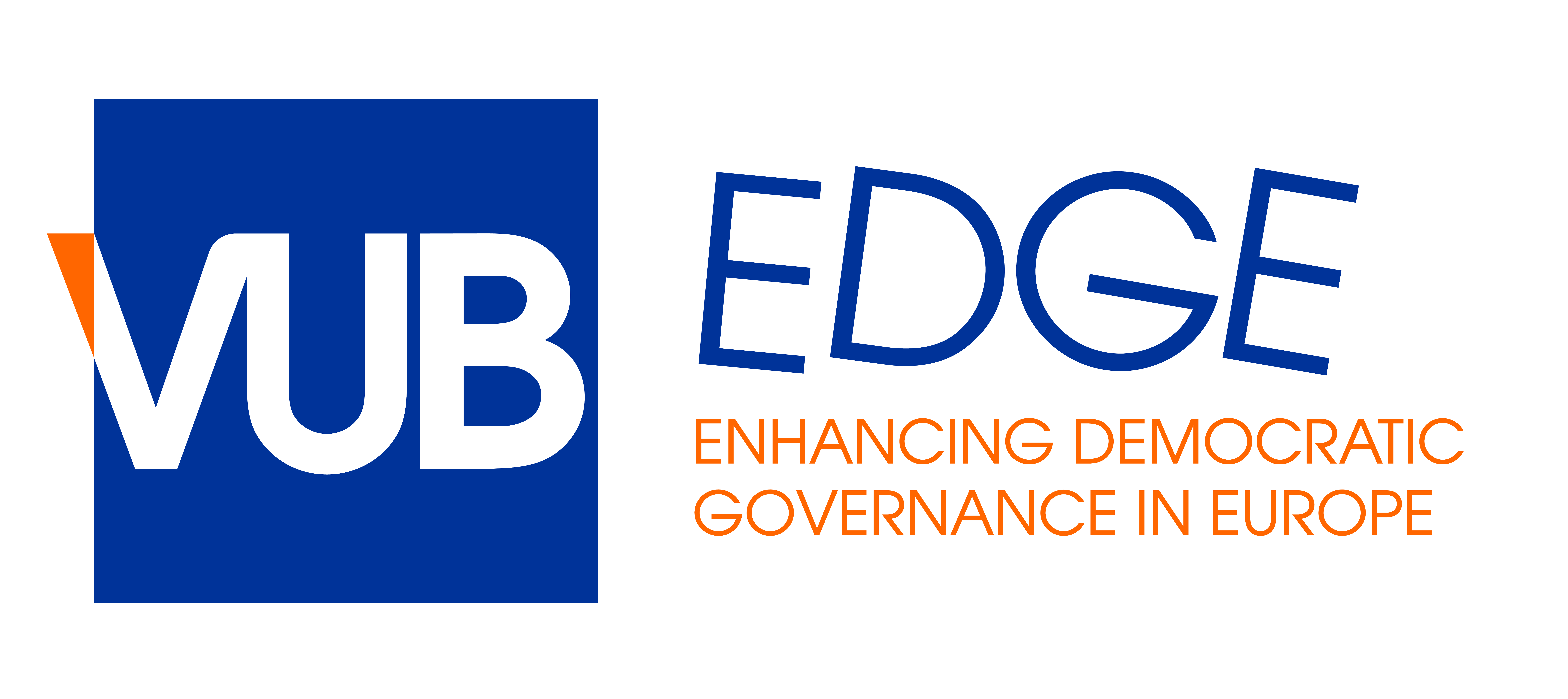Campization. Slow violence and the production of spaces of exclusion
In the aftermath of large refugee arrivals in 2015, EU regulations and national asylum laws were tightened, especially those regarding reception and accommodation. This presentation introduces the concept of “campization” to explain the impact of law and policy changes on the socio-spatial configuration and functions of refugee accommodation in European capital regions. Based on ideas of “legal violence” and “slow violence” as well as on qualitative research concerning case studies for Athens, Berlin and Copenhagen, I discuss the links between the tensioning of asylum laws, the reduction of living conditions and the (re-)constitution of large accommodations as means of so- cio-spatial exclusion. I argue that refugee accommodation in European cities has increasingly been transformed into large, camp-like structures with lowered living standards and a closed character. This is shown by the structural, functional, and socio-spatial characteristics of the accommodation in the three case studies, as well as the legal and political objectives that determine the campization of accommodation. The contribution lastly highlights changing notions and forms of containment, exclusion, and temporality as part of campization, and links this process to current trends in asylum and urban development.
- Presenter: René Kreichauf
- Discussant: Géraldine André
